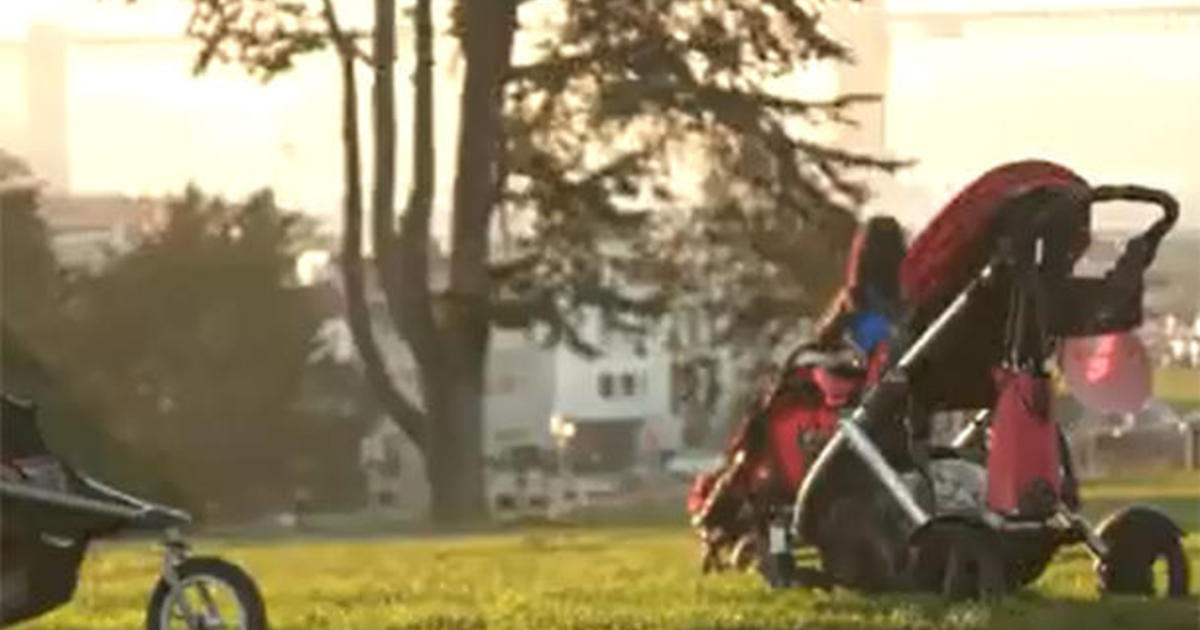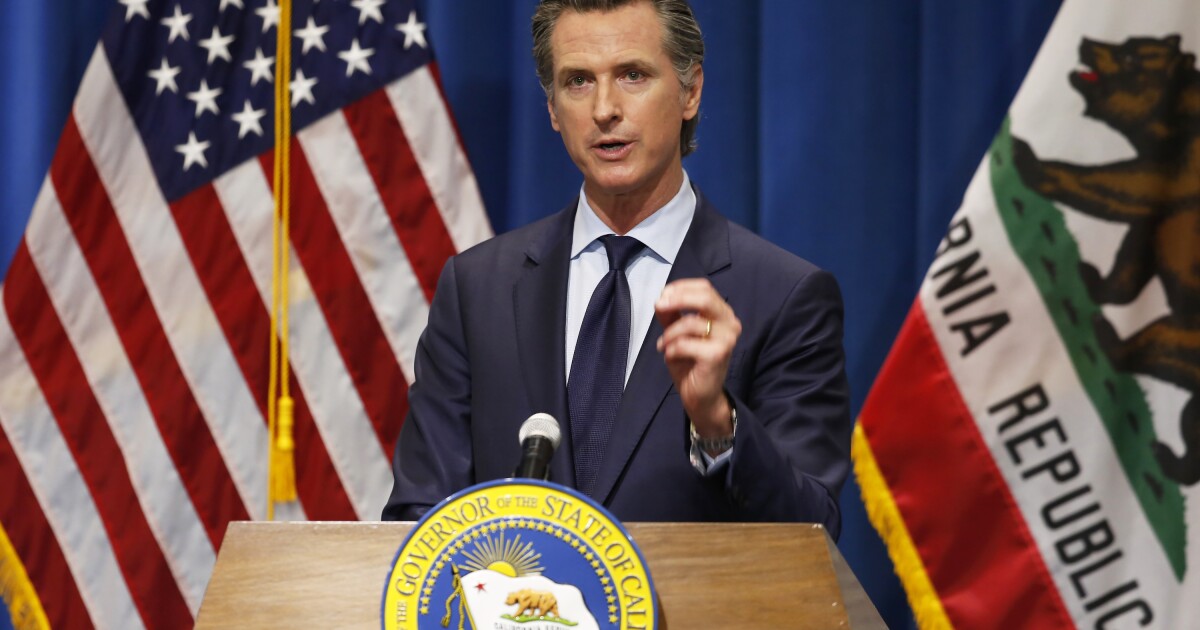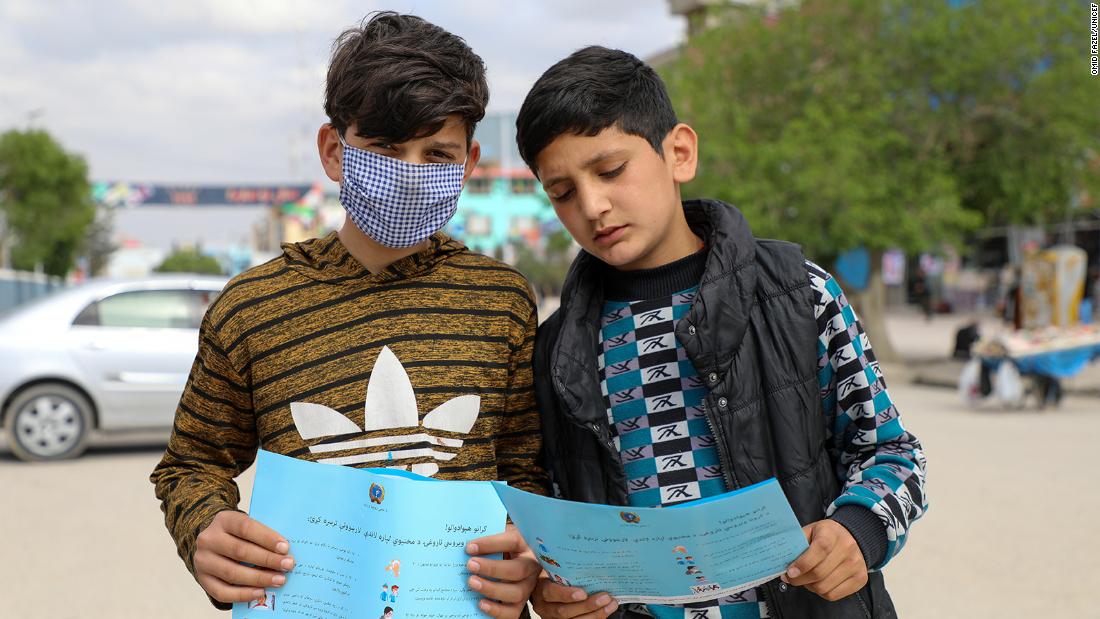With the extra $600 per week in federal unemployment insurance set to expire at the end of July, policymakers grapple with how to stimulate the economy and help the 21 million Americans who are still unemployed.
As coronavirus hot spots flare across the U.S., adding to economic worries, new jobless claims surpassed one million for the 14th week.
The prepaid debit cards may impose “unnecessary burdens” on the 4 million people who received them, some lawmakers say.
A New York nanny wants to work but doesn’t “want to risk exposing myself to the virus and exposing my children.”
Advocates say it’s time to root out racism in assessed home values.
Black Americans are dying from COVID-19 at more than double the rate of other groups, which experts say owes in part to pollution in Black communities.
People living in the poorest neighborhoods had the highest risk for brain changes typical of Alzheimer’s disease.
Some local officials and advocates have bristled at the income restrictions for the Great Plates Delivered program, arguing that too many people are being left behind.
But researchers caution this does not mean low-income families are escaping hardship. And they warn that when the aid expires next month, families could again be vulnerable.
An additional 120 million children in South Asia could be pushed into poverty due to the continuing spread of coronavirus throughout much of the region, according to a new report released by the United Nations children’s agency.










